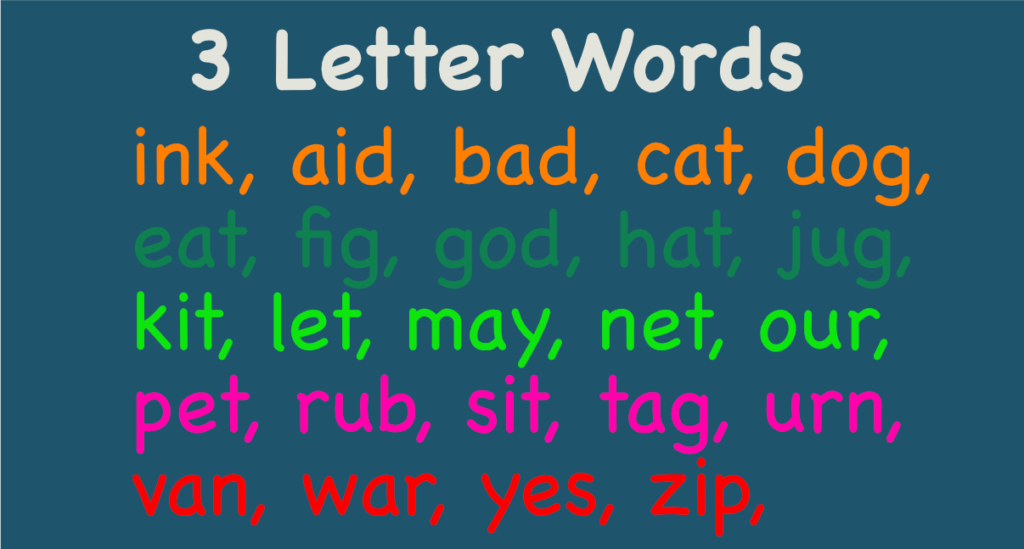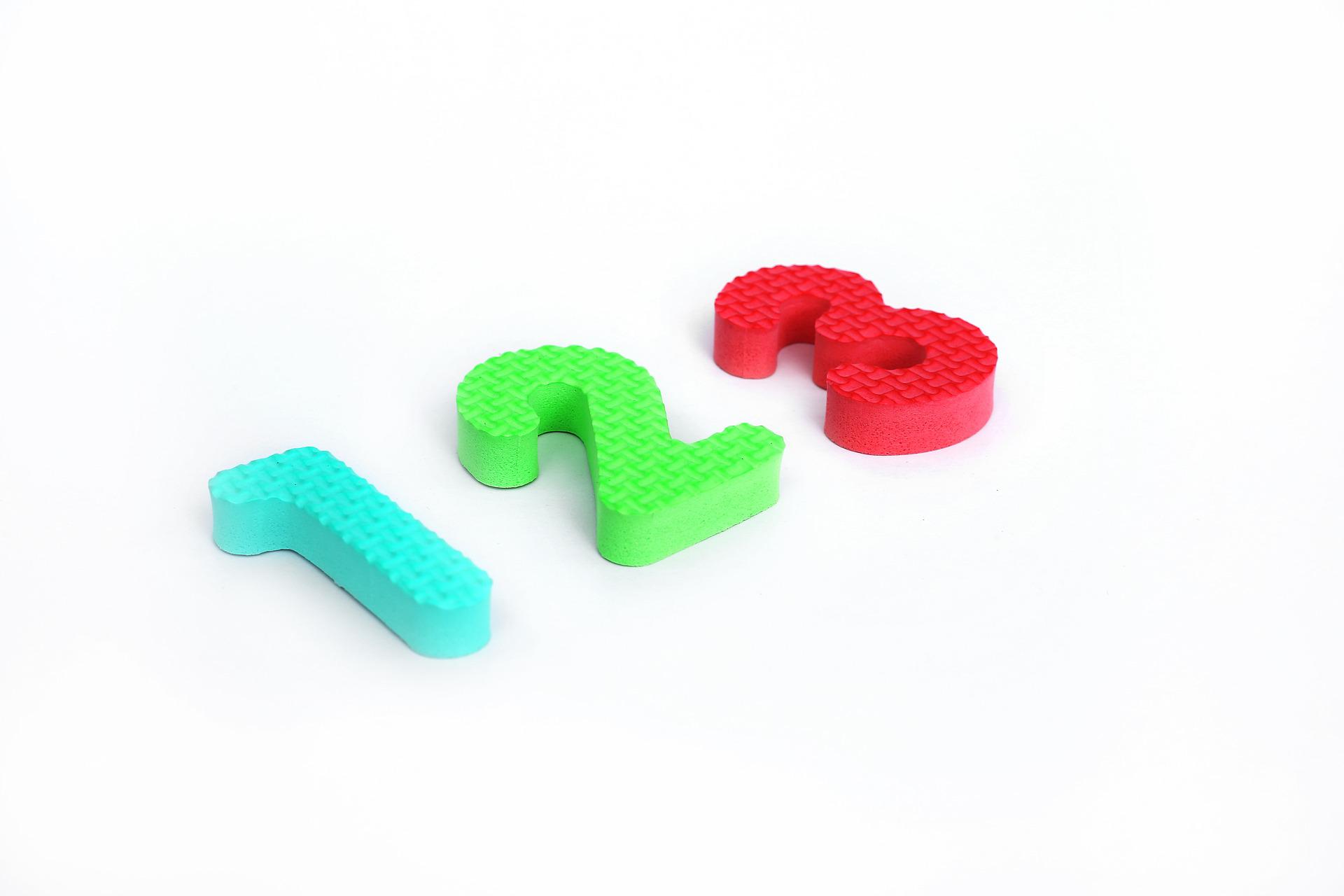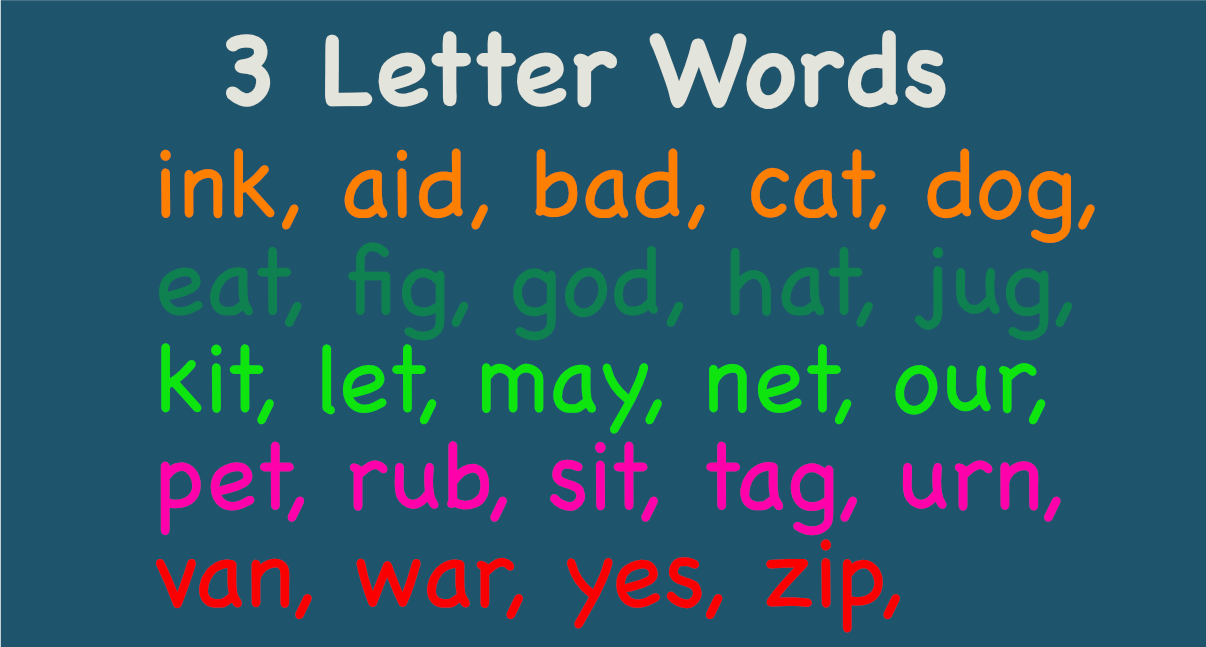
If you are struggling to figure out how to teach your child new words, there are a few tips to help you get started.
Contents
How to Teach Your Child New Words
To teach your child new words you must use a variety of vocabulary, play nursery rhymes and use games to reinforce your child’s learning.
Additionally you come up with a definition for the new words you introduce. This will help your child understand the new words better. The post will go deeper into the following techniques and approaches:
- Verbal routine
- Using a wide vocabulary
- Using nursery rhymes
- Nursery rhymes help children learn to communicate
- Using games
- Using books
- Benefits of reading to your child
Verbal Routine
One of the best ways to teach your child new words is to follow a verbal routine. Repetition is comforting and feels good to our brains.
Think about how much better it feels when we listen to the same song lyrics while driving in the car. The same effect happens for babies who are used to following a routine. It is comforting and joyful for them to know what to expect.
Using a verbal routine to teach your child new words can be as simple as pointing to an object in a book. You can even use pictures to make it fun for your child.
Pointing at pictures in books also helps your child understand what they are looking at. In addition to pointing to objects, you can ask questions about how they look, or what they do.
Verbal routines help your child learn new words by providing predictable and repetitive opportunities for language development. A great example of such a routine is the Wheels on the Bus game, which pairs words with gestures.
Another great verbal routine is singing songs or saying a certain phrase or action to your child. This method is very effective in helping your child learn new words and phrases in a shorter amount of time.
Playing silly games is also a great way to help your child learn new words. Children love to play and are more likely to learn new words when they are engaged. Make language learning fun by talking about your child’s favorite things.
Your toddler may already be saying a few words at this point, but you need to start adding new words to your child’s vocabulary as soon as you see fit.
Using A Wide Vocabulary
As a parent, you can help your child grow a wide vocabulary. Research shows that children with larger vocabulary are better readers and achieve higher levels of academic achievement in high school.
Furthermore, they have higher IQs. As a result, a big vocabulary is a key asset for a successful 21st century.
When introducing new words to your child, provide examples of their meaning. When possible, try to teach your child the opposite of the new word as well.
Repeat this process over several days. It is helpful to create a simple chart that outlines the steps. You can use it as a reminder and hang it on the fridge. Soon enough, you will see that it’s very effective and will increase your child’s vocabulary.
A wide vocabulary also helps children understand written texts and communicate fluently. In addition, children develop a lifelong habit of learning new words during their early years.
While it might be tempting to start by teaching new words through reading books, you can also introduce new words to your child by talking about daily activities, shared experiences, or sights around the world.
Another effective way to introduce a new word is to take note of it when your child first hears it. You can even describe a new exhibit or place in words. By doing this, your child will learn the word in context and can use it in different settings.
Using Nursery Rhymes
One of the most effective ways to help your child learn new words is through nursery rhymes. This is because the songs are a natural way for your child to learn new words.
When your child is listening to these songs, they are more likely to ask about the words they hear, which helps them retain the words in their minds longer.
Nursery rhymes also have the added benefit of teaching your child to use the letters in words. By singing them over, children will begin to recognize consonants and vowels. In addition, this process will help them develop their fine motor skills, which is vital for learning how to write.
Nursery Rhymes Help Children Learn To Communicate
One of the most important benefits of nursery rhymes is the fact that they help children learn to communicate. Singing the rhymes together with you and your child will help your child learn to distinguish between similar words and syllables, and will also promote your child’s creative development.
Another benefit is that your child will learn new words and learn to associate them with different people, objects, and events.
Traditional nursery rhymes may contain words that may not be pleasant to your child. However, there are other rhymes that are not unpleasant to young children.
For example, you can introduce the new “Marching Man” by starting with the “Mary’s Little Lamb.” This is a simple rhyme that you can use to start the day with and end it with. The two words pat and cake can be used to create rhyming strings for your child.
When teaching your child new words, one of the easiest ways is to sing nursery rhymes. Children who are young can talk about these rhymes and eventually pronounce them themselves.
In addition to singing nursery rhymes, you can also act out the nursery rhymes with your child. You can also use rhymes to teach them the alphabet.
Using Games
Using games to teach your child new words can be a fun way to introduce new vocabulary. First, choose a game board with four or five squares on each side. On the board, you’ll place one or two cards for each sight word. You can also add clues.
The game can be played with two or more players. It can also be played with the entire family. Playing the game will help your child learn new words, their meaning and context, and even the relationship between words. This will help them become familiar with these new words, and develop their vocabulary.
Another game that is a fun way to introduce new words is the game of 20 Questions. This game involves guessing words, incorporating categories, descriptions, and associations.
Your child must find a common relation between each word. This will help them learn to think critically about words. Moreover, playing games can encourage creativity and encourage your child to see things in a new light.
Another popular game is Hangman. Using this game will teach your child how to recognize sight words, as well as improve their concentration skills.
In addition, it will develop their critical thinking skills and build their working memory. In addition, using these games can also enhance a child’s self-esteem.
Another simple vocabulary game is the alphabet game. This game requires two or four players and a grid board with 15×15 squares. To play the game, the children write down different words that are related to the chosen subject.
Using Books
One of the best ways to teach your child new words is by reading with them. Read stories and books with your child, and encourage him to ask questions and think about the story.
You can also make up stories, use your child’s name, or play games with words. Reading will help him to develop his reading skills, and it will also make him enjoy reading.
When you read to your child, you are showing him or her that you value his or her language. Reading books about a wide variety of topics will foster good reading habits and help your child succeed in school. Moreover, reading books to your child will make him or her love books and reading.
Some books will help your child identify words with rhymes and repetition. You can also use word patterning to help your child identify new words. Children can also identify new words by looking at pictures.
Good graphics and clean art can help them decode the words. Early readers should contain few words per page. If your child finds it difficult to read, you can read alternate pages with him or her.
Benefits of Reading to Your Child
Reading to your child is one of the best ways to develop his or her vocabulary. Most books will use the same new word several times. This will help your child learn the word and understand it better.
You can also teach your child about new words by explaining them to him or her. Always make sure to include grammatically correct sentences in your child’s books. This will help your child understand the importance of learning new words.
Aside from reading to your child, he or she can also play games that involve reading. One example of a game that encourages reading is the sock ball game. Another game can be playing with paint or sand.



